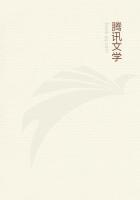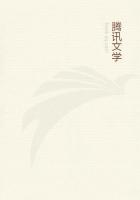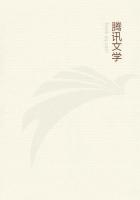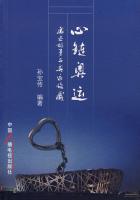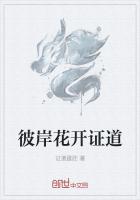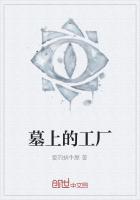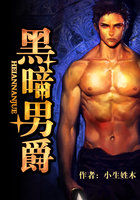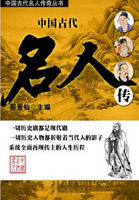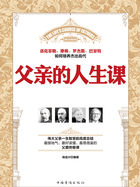To have a right, then, is, I conceive, to have something which society ought to defend me in the possession of. If the objector goes on to ask, why it ought? I can give him no other reason than general utility. If that expression does not seem to convey a sufficient feeling of the strength of the obligation, nor to account for the peculiar energy of the feeling, it is because there goes to the composition of the sentiment, not a rational only, but also an animal element, the thirst for retaliation; and this thirst derives its intensity, as well as its moral justification, from the extraordinarily important and impressive kind of utility which is concerned. The interest involved is that of security, to every one's feelings the most vital of all interests. All other earthly benefits are needed by one person, not needed by another; and many of them can, if necessary, be cheerfully foregone, or replaced by something else; but security no human being can possibly do without on it we depend for all our immunity from evil, and for the whole value of all and every good, beyond the passing moment; since nothing but the gratification of the instant could be of any worth to us, if we could be deprived of anything the next instant by whoever was momentarily stronger than ourselves. Now this most indispensable of all necessaries, after physical nutriment, cannot be had, unless the machinery for providing it is kept unintermittedly in active play. Our notion, therefore, of the claim we have on our fellow-creatures to join in making safe for us the very groundwork of our existence, gathers feelings around it so much more intense than those concerned in any of the more common cases of utility, that the difference in degree (as is often the case in psychology) becomes a real difference in kind. The claim assumes that character of absoluteness, that apparent infinity, and incommensurability with all other considerations, which constitute the distinction between the feeling of right and wrong and that of ordinary expediency and inexpediency. The feelings concerned are so powerful, and we count so positively on finding a responsive feeling in others (all being alike interested), that ought and should grow into must, and recognised indispensability becomes a moral necessity, analogous to physical, and often not inferior to it in binding force exhorted, If the preceding analysis, or something resembling it, be not the correct account of the notion of justice; if justice be totally independent of utility, and be a standard per se, which the mind can recognise by simple introspection of itself; it is hard to understand why that internal oracle is so ambiguous, and why so many things appear either just or unjust, according to the light in which they are regarded.
We are continually informed that Utility is an uncertain standard, which every different person interprets differently, and that there is no safety but in the immutable, ineffaceable, and unmistakable dictates of justice, which carry their evidence in themselves, and are independent of the fluctuations of opinion. One would suppose from this that on questions of justice there could be no controversy; that if we take that for our rule, its application to any given case could leave us in as little doubt as a mathematical demonstration.
So far is this from being the fact, that there is as much difference of opinion, and as much discussion, about what is just, as about what is useful to society. Not only have different nations and individuals different notions of justice, but in the mind of one and the same individual, justice is not some one rule, principle, or maxim, but many, which do not always coincide in their dictates, and in choosing between which, he is guided either by some extraneous standard, or by his own personal predilections.
For instance, there are some who say, that it is unjust to punish any one for the sake of example to others; that punishment is just, only when intended for the good of the sufferer himself. Others maintain the extreme reverse, contending that to punish persons who have attained years of discretion, for their own benefit, is despotism and injustice, since if the matter at issue is solely their own good, no one has a right to control their own judgment of it; but that they may justly be punished to prevent evil to others, this being the exercise of the legitimate right of self-defence. Mr. Owen, again, affirms that it is unjust to punish at all; for the criminal did not make his own character; his education, and the circumstances which surrounded him, have made him a criminal, and for these he is not responsible. All these opinions are extremely plausible; and so long as the question is argued as one of justice simply, without going down to the principles which lie under justice and are the source of its authority, I am unable to see how any of these reasoners can be refuted. For in truth every one of the three builds upon rules of justice confessedly true. The first appeals to the acknowledged injustice of singling out an individual, and making a sacrifice, without his consent, for other people's benefit. The second relies on the acknowledged justice of self-defence, and the admitted injustice of forcing one person to conform to another's notions of what constitutes his good. The Owenite invokes the admitted principle, that it is unjust to punish any one for what he cannot help. Each is triumphant so long as he is not compelled to take into consideration any other maxims of justice than the one he has selected; but as soon as their several maxims are brought face to face, each disputant seems to have exactly as much to say for himself as the others. No one of them can carry out his own notion of justice without trampling upon another equally binding.

